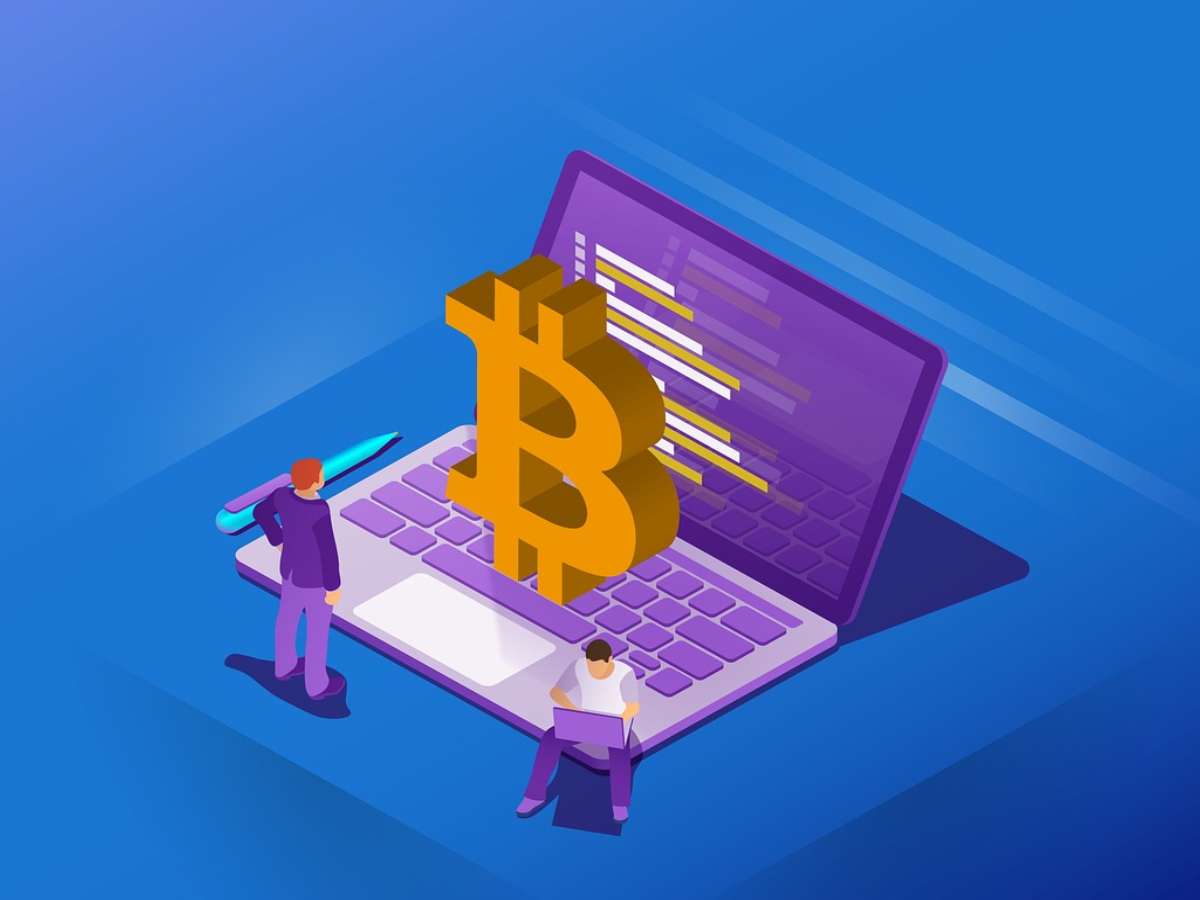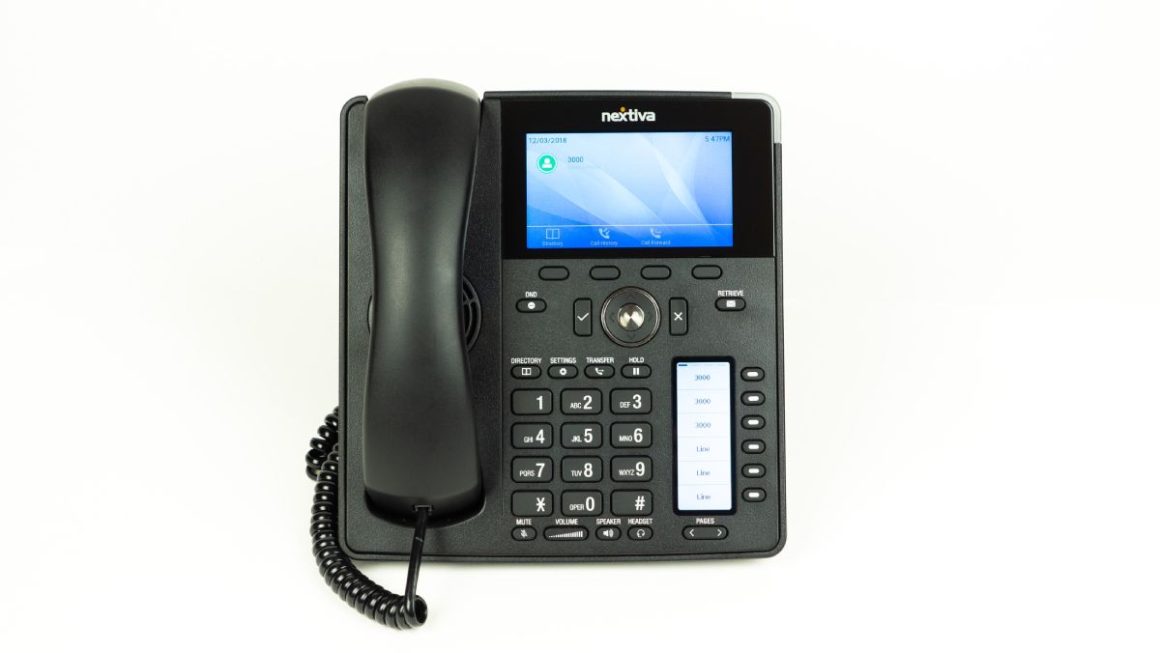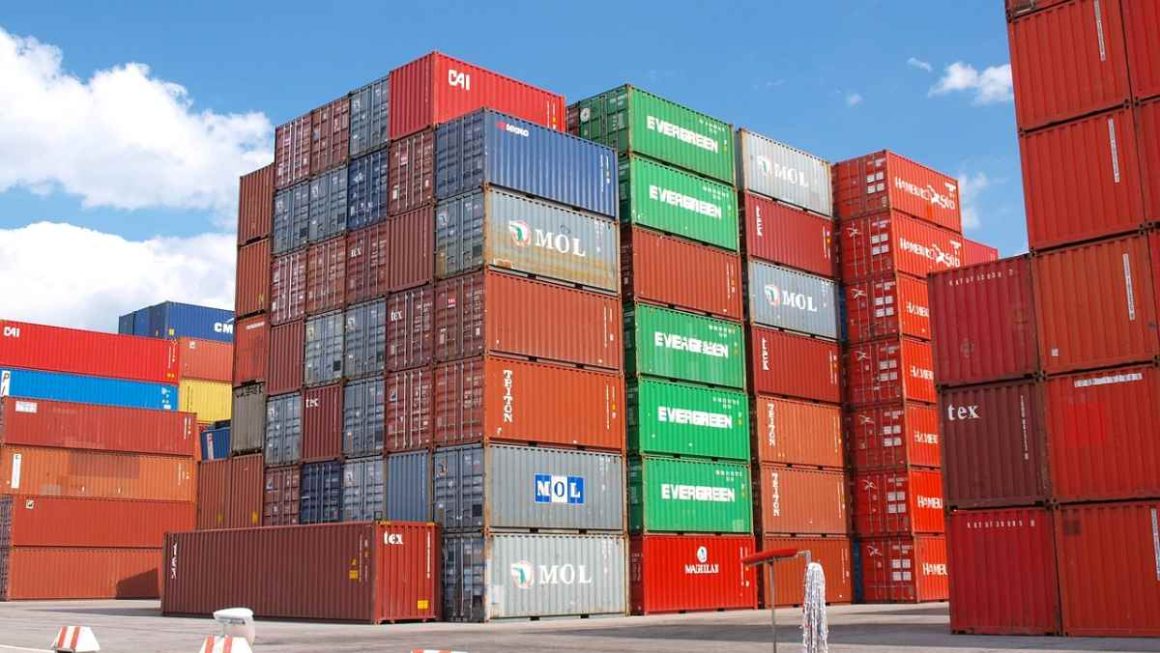In the ever-evolving landscape of finance and technology, few innovations have captured the world’s attention quite like Bitcoin. As the pioneer of cryptocurrencies, Bitcoin has revolutionized the way we perceive and use money. It operates on a decentralized digital ledger technology called blockchain, which ensures security and transparency in its transactions. This unique combination of cryptographic principles and peer-to-peer networking has established Bitcoin’s credibility as a viable form of digital currency, allowing individuals to conduct transactions without the need for traditional intermediaries like banks. If you are planning to invest in Bitcoin, you may consider using a reliable trading platform like Immediate Momentum AI bot.
One of the key aspects that underpins the existence of Bitcoin is the process of mining, which serves as the backbone of its creation and distribution. Bitcoin mining involves solving complex mathematical puzzles that validate and record transactions on the blockchain. Miners compete to solve these puzzles, and the first one to succeed gets to add a new block of transactions to the blockchain. This process not only verifies transactions but also introduces new Bitcoins into circulation, maintaining scarcity and incentivizing miners to contribute their computational power to the network. As a result, mining plays a crucial role in upholding the integrity and stability of the Bitcoin ecosystem.
Table of Contents
Understanding Bitcoin Mining
What is Bitcoin Mining?
Bitcoin mining entails the complex procedure by which fresh bitcoins are produced and incorporated into the existing pool of currency in circulation. Unlike the conventional notion of mining involving physical excavation for precious metals, Bitcoin mining operates through the resolution of intricate mathematical challenges utilizing high-performance computers. This computational process secures transactions and fosters the evolution of the decentralized blockchain network that underpins the cryptocurrency.
Decentralized Ledger: The Blockchain
Central to the process of Bitcoin mining is the fundamental concept of a blockchain—an uncentralized and unalterable digital ledger. This blockchain diligently documents every single Bitcoin transaction, serving as a transparent and publicly accessible registry of ownership. The pivotal responsibility of upholding this ledger falls upon miners, who assume a critical role in the validation and authentication of these transactions. Through their computational efforts, miners ensure the integrity and accuracy of the blockchain, thereby fortifying the foundation of the entire Bitcoin network.
Proof of Work: Securing the Network
Bitcoin employs a consensus mechanism called Proof of Work (PoW) to secure the network and validate transactions. Miners compete to solve intricate mathematical problems, and the first one to solve it gets the privilege of adding the next block of transactions to the blockchain. This process requires an enormous amount of computational power and energy.
The Mining Process
Mining Hardware and Software
Successful Bitcoin mining requires specialized hardware known as Application-Specific Integrated Circuits (ASICs). These devices are designed solely for the purpose of mining and are significantly more efficient than traditional CPUs or GPUs. Miners also utilize mining software to connect to the network, manage their hardware, and track their mining progress.
Creating New Bitcoins
As miners solve complex mathematical puzzles, they are rewarded with newly minted bitcoins. This serves as an incentive for miners to contribute their computational power to maintain the network’s security. The reward for mining gradually decreases over time through a process known as halving, which occurs approximately every four years.
Transaction Validation
Apart from creating new bitcoins, miners also play a pivotal role in validating and confirming transactions. When a user initiates a Bitcoin transaction, it is broadcast to the network and awaits confirmation from miners. Once confirmed, the transaction is added to the blockchain, ensuring its immutability and transparency.
Environmental Concerns and Innovation
Energy Consumption
Critics often raise concerns about the environmental impact of Bitcoin mining due to its high energy consumption. The energy-intensive process of PoW mining has led to debates about its sustainability and carbon footprint.
Exploring Alternatives
In response to the environmental concerns, researchers and developers are exploring alternative consensus mechanisms. One promising alternative is Proof of Stake (PoS), which requires validators to show ownership of a certain number of cryptocurrency units, rather than solving computational puzzles.
Conclusion
In the dynamic world of cryptocurrencies, Bitcoin mining stands as a testament to human ingenuity and technological advancement. Bitcoin mining procedures is the process that not only creates new digital assets but also upholds the integrity and security of the entire network. As the landscape continues to evolve, it is crucial for the crypto community to strike a balance between innovation, efficiency, and environmental sustainability.




